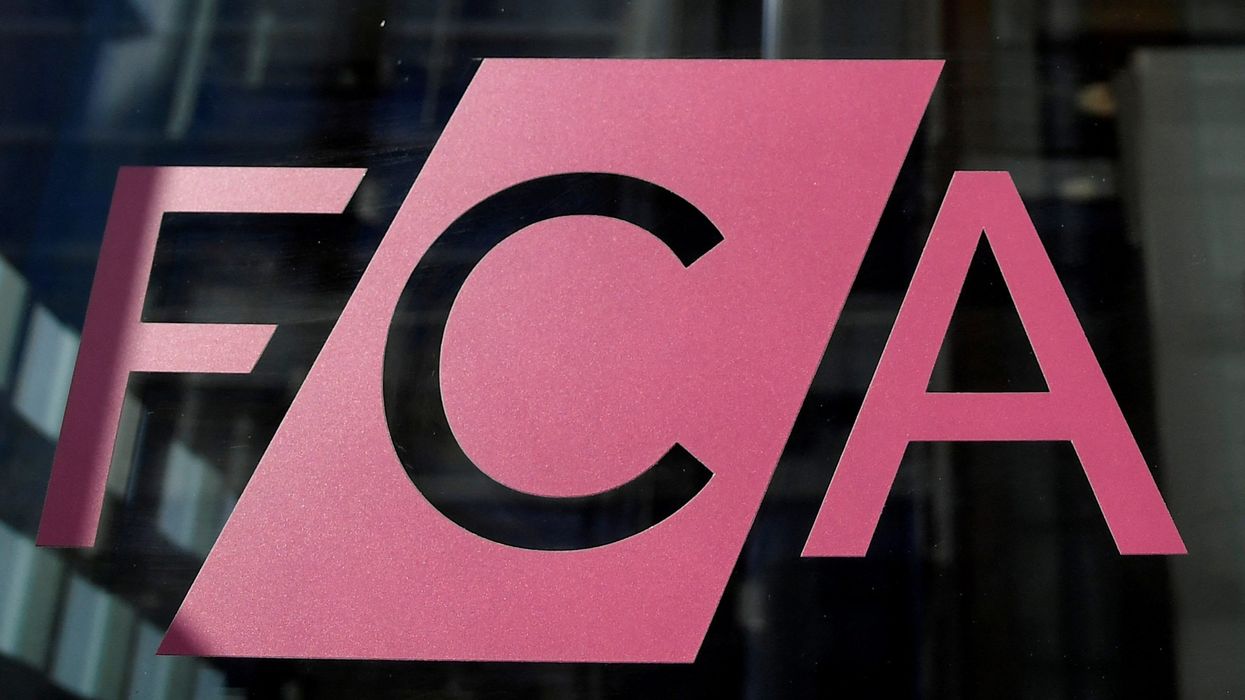The Financial Conduct Authority (FCA) has banned three individuals who were involved in running SVS Securities Plc (SVS), a discretionary fund manager, for mismanaging customers' pension funds.
The FCA has decided to fine Kulvir Virk, the former CEO and majority shareholder, £215,500; Demetrios Hadjigeorgiou, former finance director, £84,600; and David Stephen, Head of Compliance, £52,100.
The watchdog has banned Virk from working in financial services, and banned Hadjigeorgiou and Stephen from holding senior management roles.
Virk had invested customer funds in high-risk illiquid bonds assuring high returns. Around 879 customers paid in a total of £69.1 million.
These bonds have since defaulted and the customers are unlikely to receive more than a fraction of their investment back.
The FCA has found that the three individuals decided to mark-down customers’ valuations when they disinvested from fixed income assets, with the result that SVS kept 10 per cent of customer funds.
This allowed them to generate £359,800 in income for SVS at the expense of its customers.
The watchdog felt that Stephen and Hadjigeorgiou failed to fulfill their responsibilities to ensure that SVS was following the rules, carrying out proper due diligence and there was no conflict of interest.
Hadjigeorgiou and Stephen have referred their Decision Notices to the Upper Tribunal where they will each present their respective cases.
They dispute many of the facts and any characterisation of their actions in Kulvir Virk’s Final Notice and have referred their Decision Notices to the Upper Tribunal.
FCA's joint executive director of Enforcement and Market Oversight Therese Chambers said: "These three individuals and SVS were a central part of a tangled web which concealed the fact that customers’ pension money was being invested into high-risk bonds. Customers were entitled to trust that SVS would act in their best interests, but it repeatedly prioritised income for itself and its associates."




